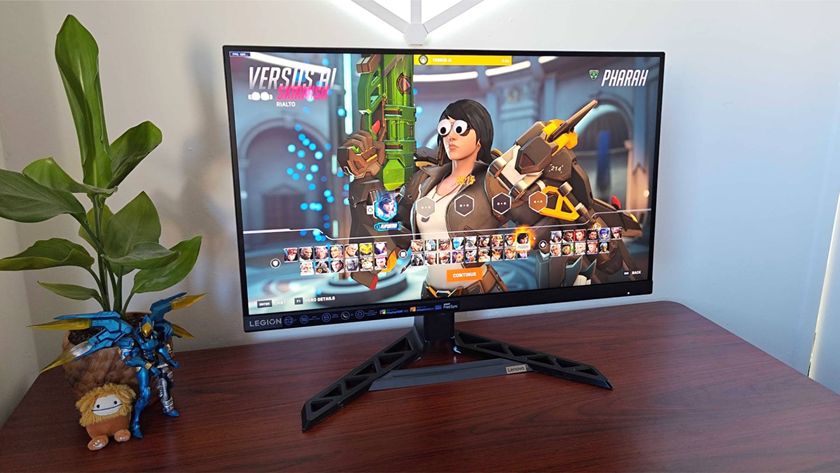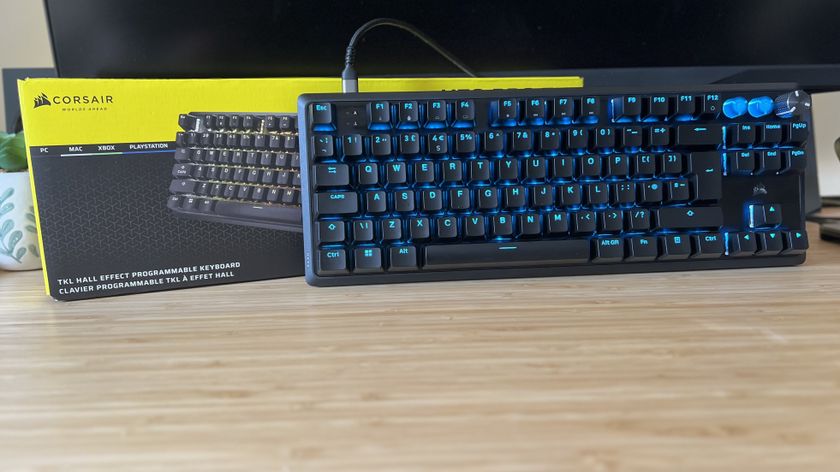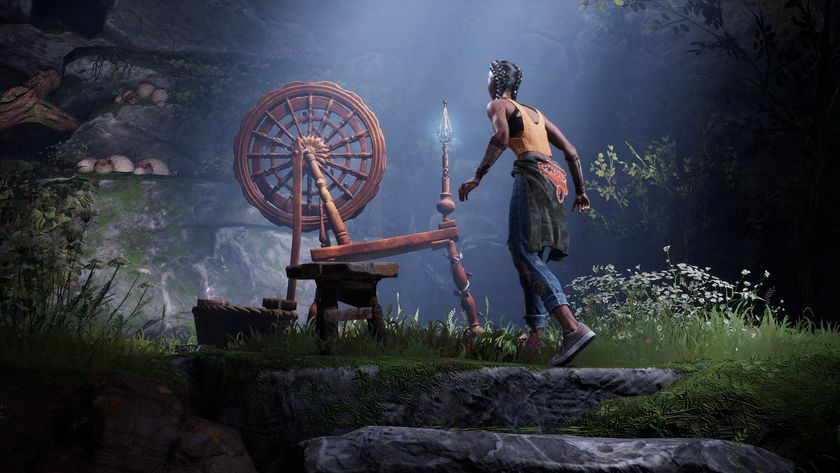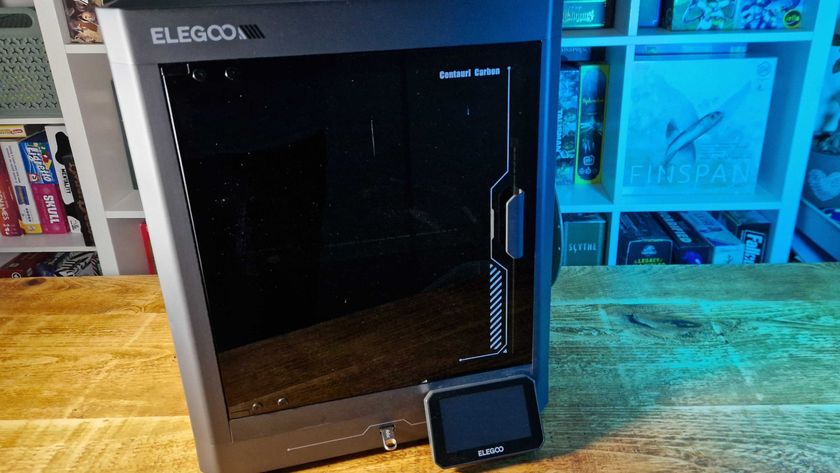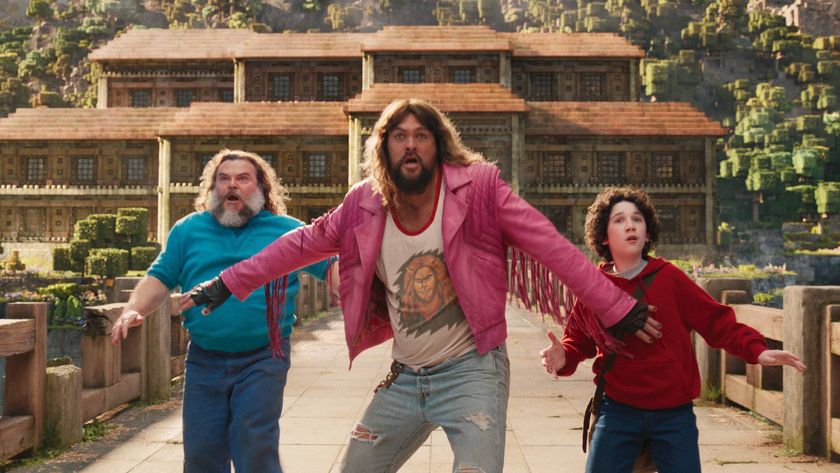Why you can trust 12DOVE
AIR-DATE: 03/06/06
Written by:
Matt Jones
Director:
James Strong
Starring:
David Tennant, Billie Piper, Danny Webb, Shaun Parkes, Claire Rushbrook, Will Thorp, Gabriel Woolf
Rating: 4.5/5
Review
You suspect that when Doctor Who came back last year, this was the kind of story many old school Who fans wanted to see: a traditional Doctor Who story updated with today’s TV techniques and a decent budget (although for the nostalgists among us it was amusing to see the walls of the access shafts wobble almost gleefully during the chase in the second part). Good grief, it was even set on an alien planet, for Christ’s sake!
The trouble is, when Doctor Who starts competing on the same pitch as its Stateside rivals it does mean that you can’t help making comparisons. Until now, the revamped show has played by its own set of rules, carving a unique niche and creating an series with strengths and joys all its own. Sure, its lack of SF nous and tendency for easy get-out clauses have been annoying on occasion, and some episodes overplay the whimsy card (“The Idiot’s Lantern”, please stand up) but there’s been a manic energy, a level of wit and an idiosyncratic visual approach which has kept the show engaging and fresh. Would a story which largely jettisoned these elements for a grittier, more traditional approach end up looking like (Heaven forbid) Stargate lite?
No it didn’t, but there were moments when ambition outstripped results. The FX were found wanting at times. The spaceship looked silly and retro (and even the interior set for the ship looked like it had been thrown together in a couple of minutes) while the planet’s surface was never entirely convincing. Some of the action scenes looked rather static (though, to be fair, the chase through the access tunnels was particularly well edited). A couple of the actors seemed to hark back to the original series’ love of middle class drama students, struggling to give the more expository dialogue any life.
These were the elements thrown into sharp relief by having Doctor Who play with the big boys. However, in other areas it more than passed muster, delivering the old “small group under threat in a claustrophobic setting” chestnut with gusto. The build-up of the mystery was superbly paced and intriguing. The characters were fleshed out with masterful economy. The tension was tangible. The villain felt dangerous. And in the idea of an evil entity taking control of a telepathically linked race we had the kind of good, solid SF idea – simple and technobabble-free enough for the non-SF literate audience to grasp – in which the new series should be trading. It helps that the Ood were such a great piece of design work, as well.
Despite a couple of cringeworthy lapses, most of the supporting cast was superb, especially Will Thorp as the possessed archaeologist. But this was really a showcase for Billie and David, both of whom were excellent. The Doctor’s hug in part one may have been slightly overplayed, but in part two Tennant was like a force of nature in his best and most subtle performance yet. For those worried about the hubris of this latest Doctor, check out the moments when he realises that this devil creature doesn’t conform to his view of the universe – though he’s blustering at the end of the episode, you can see he’s rattled. Great stuff. It’s almost as if the tenth Doctor has been overcompensating for his “haunted” ninth self; Rose gave him back his confidence, but perhaps it’s now being seen as overconfidence. The decent into the pit may force him to re-evaluate his attitude. The only problem is that maybe the seeds of this change should have been sown earlier in the season. Whereas in year one there was a gradually growth in the Doctor/companion relationship, this year it seems to be going in fits and starts. We could have expected some fall-out after what Rose learnt about the Doctor in “School Reunion”, but she reverted to the ”New Earth”/“Tooth and Claw” Rose without batting an eyelid afterwards. After this two parter it would be nice to see a less cocksure Doctor, but there’s no guarantee of that.
What really stopped the show becoming Stargate lite was when it did become the quirkier Doctor Who we know and love (or loathe). The conversation about mortgages kept the leads real and interesting, reminding us of the bigger picture rather than having all the dialogue geared mechanically towards furthering the plot. The Doctor’s speech about the tingle in the back of your neck was a great moment, only topped by his subsequent thinking out loud when working out how to beat the Beast. Even the use of Ravel's “Bolero” was a lovely touch. This two parter may have been “gritty” but what made it uniquely Doctor Who was still its humour and the times when it fought against cliché.
There were some scripting misfires. The recovery of the TARDIS was far too lazy, and some of the eulogies were simply cheesy. As for the Beast’s assertion that Rose will die in battle… well, d’uh. Maybe she will, maybe she won’t. If this is supposed to be foreshadowing then something a bit more ominous than a prediction which seems to have been dissed by the Doctor by episode’s end would have been better. “The Doctor will watch you die” perhaps? Or, “The Doctor will be your death”?
So: creaky in places, and not quite able to boast the production values of the likes of Battlestar Galactica, but “The Impossible Planet”/”The Satan Pit” was a hell of a ride – action-packed, ambitious, emotionally draining and, thankfully, still willfully different to every other SF show out there.
Dave Golder
SFX Magazine is the world's number one sci-fi, fantasy, and horror magazine published by Future PLC. Established in 1995, SFX Magazine prides itself on writing for its fans, welcoming geeks, collectors, and aficionados into its readership for over 25 years. Covering films, TV shows, books, comics, games, merch, and more, SFX Magazine is published every month. If you love it, chances are we do too and you'll find it in SFX.
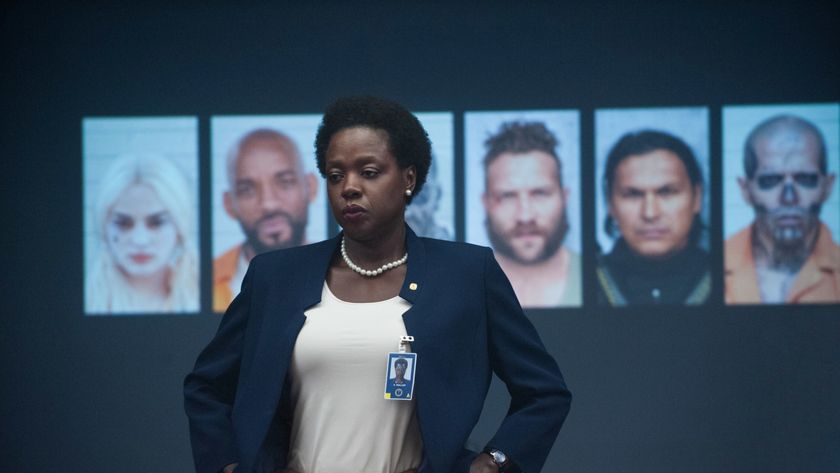
Doctor Who showrunner Russell T Davies is manifesting DC star Viola Davis being the next iteration of the villainous Master, calling her "one of the greatest actors in the world"
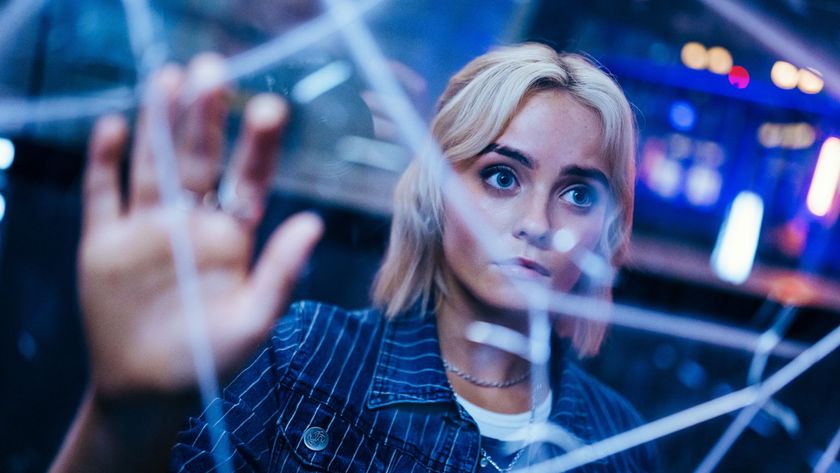
Doctor Who showrunner Russell T Davies reassures fans that this season's "standalone" Ruby Sunday episode does feature "lots" of the Doctor unlike '73 Yards', as star Ncuti Gatwa calls it his favorite

